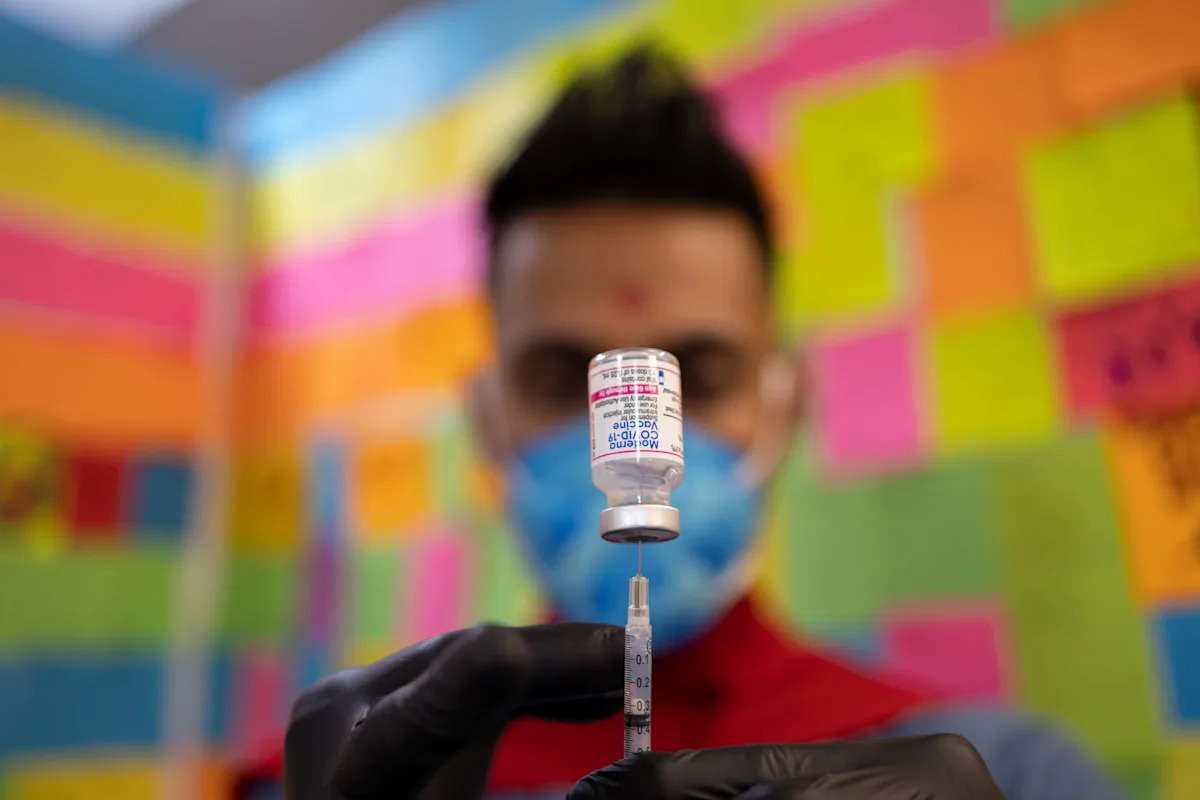Biotech Shockwave: Top FDA Official's Sudden Exit Rattles Moderna's Market Momentum

Wall Street is on edge following the unexpected resignation of Peter Marks, a key official at the Food and Drug Administration (FDA). Marks' departure has sparked uncertainty and raised questions about the agency's leadership and future direction.
As one of the FDA's most prominent executives, Marks played a critical role in guiding the agency through complex regulatory challenges, particularly during the COVID-19 pandemic. His sudden exit has left investors and industry experts speculating about who will step into this crucial leadership position and what potential changes might accompany the transition.
The pharmaceutical and healthcare sectors are closely watching the selection process, understanding that the next appointee could significantly impact drug approvals, medical device regulations, and overall healthcare innovation. Marks' resignation creates a leadership vacuum that could have ripple effects across the regulatory landscape.
While the specific reasons for Marks' departure remain unclear, his exit underscores the dynamic and often unpredictable nature of high-stakes regulatory roles. Wall Street will be monitoring developments closely, hoping for a swift and strategic replacement that can maintain the FDA's critical oversight and momentum.
